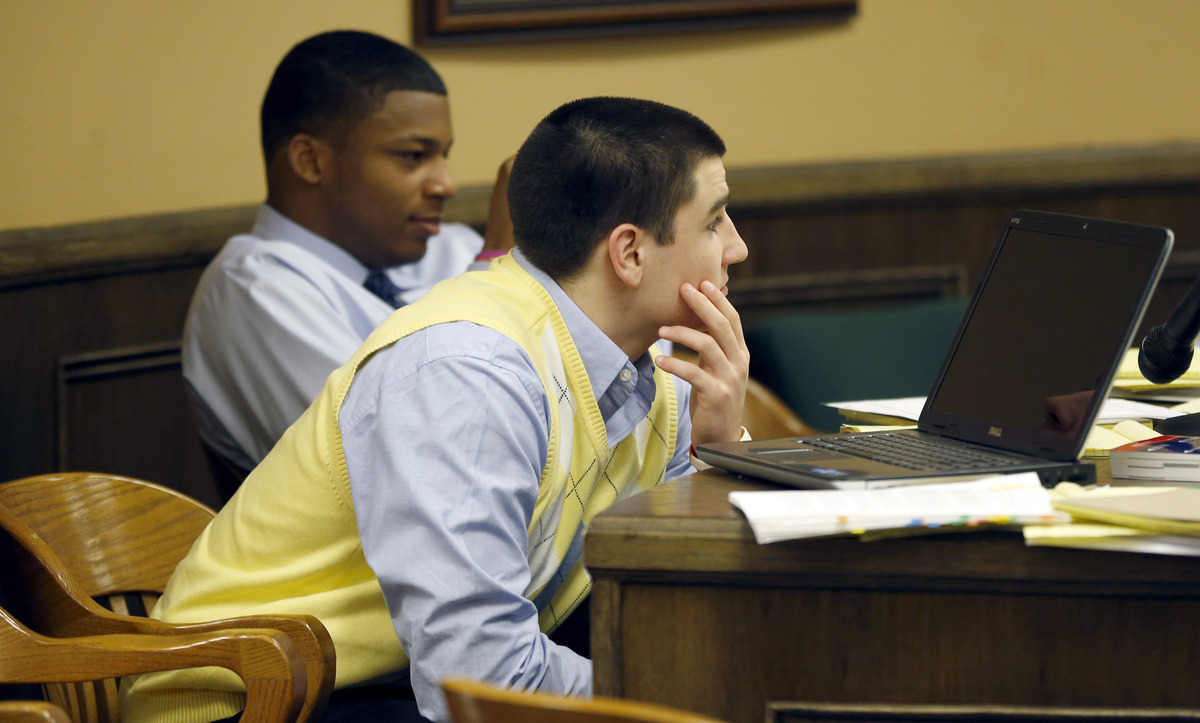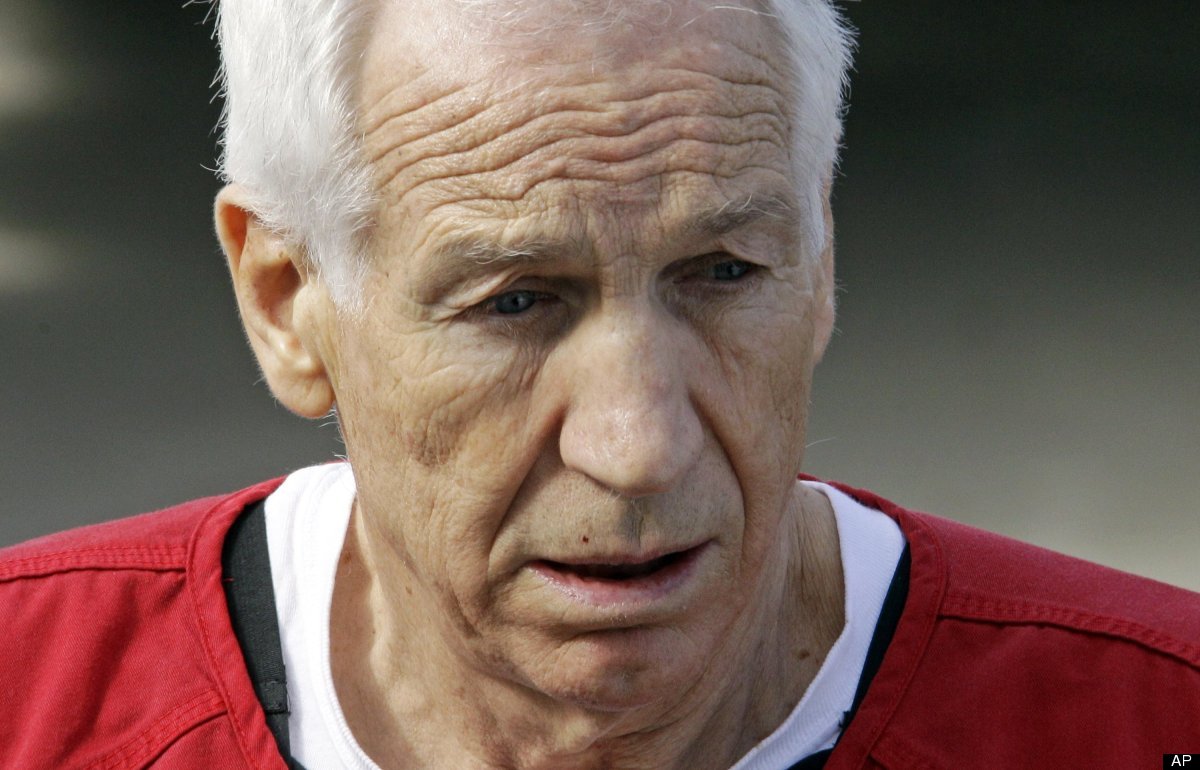While
I hope you have taken what I said in the previous letter to heart, I
know it's not a mindset shift that lends itself to easy change. More
often, the shift from "it's my fault" to "the perpetrator is to blame"
clings harder than one day's talk can shake loose.
I
hope you feel freer after reading the previous letter. But it's
possible you still have some doubts. Maybe you think, "She just doesn't
know my situation. If she knew, she'd get why it's my fault."
You
may also want to let it go, but the blame still creeps back in. You go
to sleep feeling good, and then at two a.m. you're wide awake thinking
of all you could have done differently.
As
much as I'd like it to be easier, it's very common to hold onto the
self-blame longer than is necessary. I've found two reasons why that
seems to happen.
First,
you're in the minority. Sad as it is, and as common as sexual assault
is, at the time of this writing more people than not will blame the
victim for their assault. I hope and pray that at some time in the
future I can take out this sentence, but for now, I can't. To little is
understood about the nature of sexual assault, and too many survivors
are caught up in blame themselves right now, for most people to accept
blamelessness for being assaulted.
The
first time you tell someone of your assault, the first questions are,
"why" and "how," leading to the assumption that you made critical errors
in judgment to lead you to this unfortunate circumstance.
 |
| Huffington Post: Click For Story |
After
Steubenville, Sandusky, and countless others, the public outcry is
against the poor accused perpetrators, and seeks to defame the survivors
at any cost. Despite the fact that false reports for assault are as low
or lower than other crimes. Despite the fact that perpetrators quite often
plan to be public figures with plausible deniability in case this kind
of thing were to happen. And, despite the fact that not many people
would put themselves through that kind of media hell if they were
telling a lie.
This
is the ongoing battle of surviving: reminding yourself everyday,
despite well-meaning or harshly-meant criticism of your character, that
this is not your fault. That until you contribute to the solution by
freeing yourself from unjustified guilt, the system will not change.
It's not fair.
 |
| Jerry Sandusky Trial: Click for Story |
But you can do it for yourself.
As
challenging as that is, however, the second reason is far more
difficult than even the first. It has to do with that v-word. No, not
that one. The other one. Victim. Another major reason survivors cling to
self-blame is because not to do so is to invite utter chaos. If it
wasn't their fault - if it wasn't your fault - then it was wholly
outside of your control.
That's
the WORST feeling in the world, especially to a survivor, who has
already had so much control taken away. As destructive as it is, you may
be tempted to hold onto that self-blame as a security blanket against
the empty uncertainty of not having any power whatsoever. They're both
terrible, but one feels far worse.
But
is it, really? I know it's horrible to feel out of control. Every adult
deserves a healthy level of self-control. It's a basic human right.
But,
is this the kind of control you want to have? Do you really want to
hold onto this control when it means villianizing yourself in the
process.
I
know it's terrifying. But keep in mind, letting go of this control
doesn't mean you have no control. No matter what, you always have
control over your own mind. No one can take that away from you, no
matter how awful.
 Viktor
Frankl was a psychiatrist in Austria during the beginning of the
Holocaust. He could have escaped after the Nazi invasion in 1939, but
stayed to take care of his patients, including falsifying records to
protect those under his care from being euthanized for being unfit.
Eventually he, his parents, his brother, and his wife were all forced
into camps. He was the only one of that group who survived, having lost
his family, his practice, and his life's work.
Viktor
Frankl was a psychiatrist in Austria during the beginning of the
Holocaust. He could have escaped after the Nazi invasion in 1939, but
stayed to take care of his patients, including falsifying records to
protect those under his care from being euthanized for being unfit.
Eventually he, his parents, his brother, and his wife were all forced
into camps. He was the only one of that group who survived, having lost
his family, his practice, and his life's work.
Still, after all that, he said this:
"Everything
can be taken from a man but one thing: the last of the human freedoms -
to choose one's attitude in any given set of circumstances, to choose
one's own way."
No
one can take all control away from you, though they can abuse it
terribly. Who you are and who you will be is your absolute possession,
today and every day.
Do you ever blame yourself as a way to keep control of the situation? What’s another, healthier way you might regain control of the situation instead?

No comments:
Post a Comment